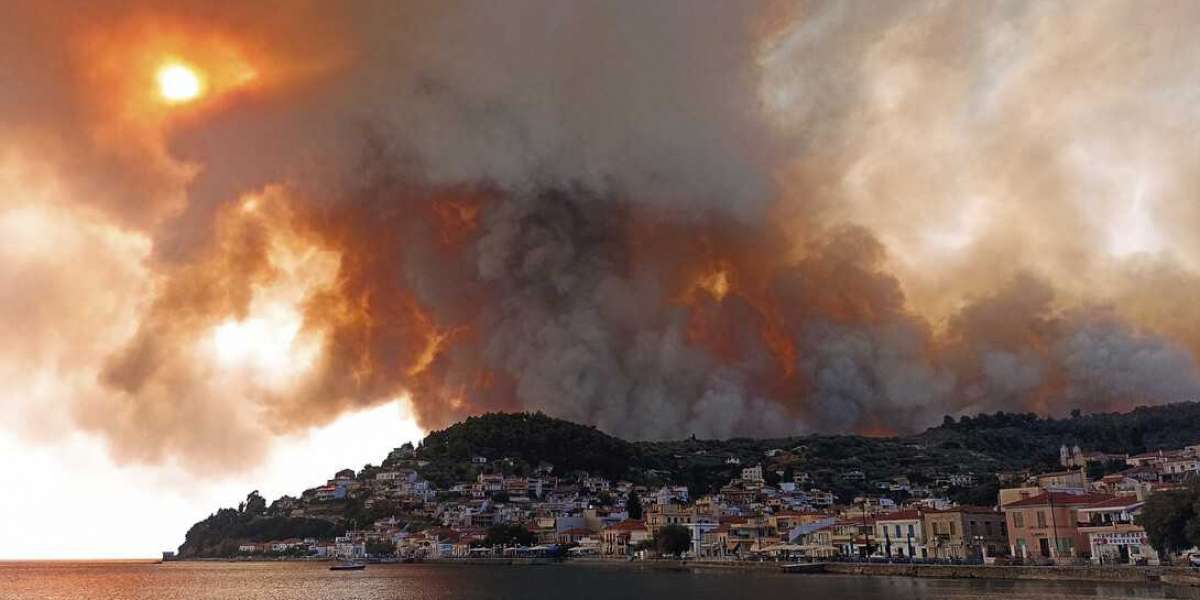Introduction
Ecological catastrophes are events that cause significant harm to the environment, leading to the destruction of ecosystems, biodiversity loss, and serious human health and economic consequences. In third-world countries, the effects of ecological catastrophes can be particularly devastating, as these nations often lack the resources and infrastructure to respond effectively. In this essay, we will examine some of the steps that can be taken in third-world countries to prevent ecological catastrophes.
- Increase Awareness
One of the essential steps in preventing ecological catastrophes in third-world countries is to increase public awareness. This can be achieved through education and outreach programs that provide information on the impact of human activities on the environment. Governments and NGOs can collaborate with local communities to promote sustainable practices and raise awareness about the importance of protecting natural resources.
- Encourage Sustainable Agriculture
Agriculture is a significant contributor to ecological catastrophes, including deforestation, soil erosion, and water pollution. Encouraging sustainable agriculture practices can help reduce these negative impacts. This includes the use of organic farming methods, crop rotation, and reducing the use of harmful chemicals. Governments can provide incentives to farmers who adopt sustainable practices, such as subsidies or tax breaks, and support agricultural extension services that provide training and technical assistance.
- Promote Sustainable Energy
Energy production is another significant contributor to ecological catastrophes, including climate change, air pollution, and water contamination. Promoting sustainable energy sources such as solar, wind, and hydroelectric power can help reduce these impacts. Governments can provide incentives for the development of renewable energy projects and encourage investment in energy efficiency programs. They can also support research and development of new technologies that can reduce the environmental impact of energy production.
- Strengthen Environmental Regulations
Third-world countries often lack strong environmental regulations, which can make them more vulnerable to ecological catastrophes. Strengthening environmental regulations can help prevent disasters such as oil spills, toxic waste dumping, and deforestation. Governments can pass laws that regulate the use of natural resources, enforce penalties for non-compliance, and establish monitoring systems to ensure compliance with environmental standards.
- Support Sustainable Tourism
Tourism can be a significant driver of economic growth in third-world countries, but it can also be a significant contributor to ecological catastrophes. Encouraging sustainable tourism practices, such as eco-tourism, can help reduce the negative impacts of tourism. This includes promoting responsible tourism practices, developing tourism infrastructure that minimizes environmental impacts, and supporting conservation efforts that protect natural resources.
- Improve Waste Management
Improper waste management is a significant contributor to ecological catastrophes, including pollution and the spread of disease. Improving waste management practices, such as recycling, composting, and proper disposal of hazardous waste, can help reduce these impacts. Governments can invest in waste management infrastructure, including recycling facilities, waste-to-energy plants, and landfill management systems. They can also provide education and outreach programs to promote responsible waste management practices.
- Preserve Biodiversity
Preserving biodiversity is essential to preventing ecological catastrophes. Biodiversity loss can lead to the extinction of species, disrupt ecosystems, and reduce the resilience of natural systems to environmental stressors. Governments can establish protected areas that conserve natural resources, promote sustainable land use practices that minimize habitat loss, and support conservation efforts that protect endangered species.
- Foster International Cooperation
Ecological catastrophes are often global in scope, and preventing them requires international cooperation. Third-world countries can benefit from partnerships with developed nations and international organizations that provide technical assistance, financial resources, and expertise in sustainable development. Governments can participate in international agreements that promote environmental protection, such as the Paris Agreement on climate change, and collaborate with neighboring countries to address transboundary environmental issues.




Oladimeji Shoyoye 3 w
Upgrade the waste management